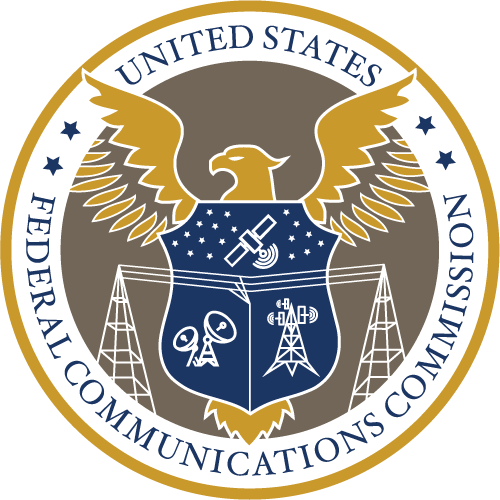The Federal Communications Commission spends $35 to process amateur radio
license applications, a cost it will soon pass on to hams.
Congress directed the FCC
"to adopt cost-based fees for processing applications" when it passed the RAY
BAUM'S Act of 2018 (H.R.4986). Amateur radio licensing was caught up in this
effort to Repack Airwaves Yielding Better Access for Users of Modern
Services.
Amateur radio licenses are valid for 10 years, so even though the hit comes
all at once, the $3.50 annual amount should not raise a barrier to anyone
intending to participate in practically any aspect of amateur radio during their licensed
period.
The FCC will collect fees for five application types: new license, special
temporary authority, rule waiver, renewal, and Vanity Call Sign (Amateur Radio
Service). Licensees requesting minor administrative updates, such as address
changes, will not incur charges.
In explaining the new fee structure, the Commission acknowledged the public safety and special emergency radio services provided by radio amateurs in times of crisis, saying it is "very much aware of these laudable and important services amateur radio licensees provide to the American public."
Congress made an exception from regulatory fees for amateur radio licensees in the RAY BAUM'S Act, but still required the FCC to recover the costs of employee pay, other employee benefits, and nondiscretionary spending related to processing applications.
The Commission received over 3900 comments on its Notice of Proposed Rulemaking, released August 26, wherein it had proposed a $50 fee. In its final rule, adopted December 23, the commissioners stated, "We agree with commenters asserting this fee is too high to account for the minimal staff involvement" in processing Amateur Radio Service licenses.
I'd say that's a win.
The fees go into effect 30 days after publication in the Federal Register, which had not occurred by the end of 2020.
Yes, I made my view known:
I support the FCC's effort to simplify and streamline the fee structure for licensed services, but I believe fees should be waived for all or part of the Amateur Radio Service. The Amateur Radio Service is largely self-regulating, freely provides communications equipment and expertise for the public good and during emergencies, enhances STEM education, and delivers significant technological innovation. Licensed radio amateurs produce these benefits while enjoying a service that is identified in Section B17 as recreational and non-commercial. The Amateur Radio Service is an excellent training ground for future engineers, programmers, and communications professionals. For this reason, young radio amateurs, at least, should be exempt from the proposed license fees. Thank you for the opportunity to comment.Yes, Ray Baum was someone. He was an admired bipartisan whose career and character were praised after his death, early in 2018, not long before the Act was passed. He had served as senior policy adviser to the U.S. House of Representatives Committee on Energy and Commerce, Subcommittee on Communications and Technology.

Comments